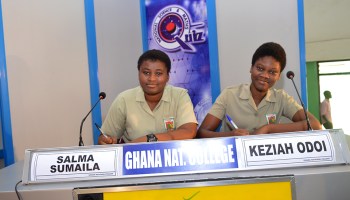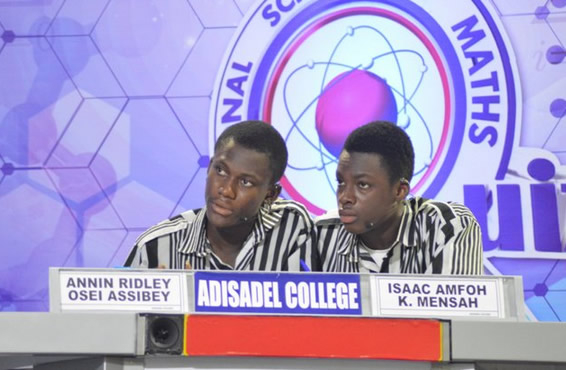The first National Science and Maths Quiz (NSMQ) was held in 1993 but prior to that, it was just an idea mooted on the tennis court of the University of Ghana, Legon, where the then Managing Director of Primetime Productions, Kwaku Mensa-Bonsu had gone to play tennis with his playfellows, the late Professors, Marian Ewurama Addy and Ebenezer Kweku Awotwe.
Kwaku Mensa-Bonsu was interested in knowing why birds could stand on a live electric wire without getting electrocuted, but human beings could not do same and live.
ALSO READ: I will kill my kids and commit suicide today – Former AIDS ambassador
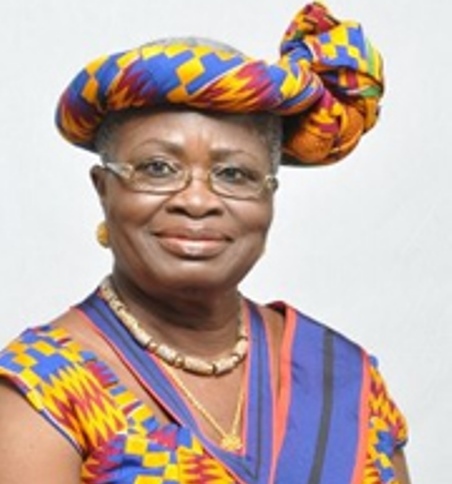
Prof. Awotwe explained that birds don’t get shocked when they sit on live electrical wires because they are not good conductors of electricity as their cells and tissues do not offer electrons an easier route than the copper wire they’re already travelling along.
Kwaku Mensa-Bonsu was startled by the revelation and thought a science and maths quiz programme could help to decode some of the everyday science mysteries.
Twenty-five (25) years on, and the National Science & Math Quiz (NSMQ) has become a household name and such a gargantuan event on the national calendar; it drives the juices in almost every Ghanaian; literate and illiterate, adults and children, the rich and poor alike.
READ ALSO: Meet Sulley Muntari’s in-laws, parents of the beautiful Menaye Donkor
The popularity of the show is largely because, while the students themselves are feverishly preparing to show their prowess on live TV, their parents as well as old students of the various participating senior high schools take over the media landscape and exercise their bragging rights against each other in very heated but friendly debates of wits over who is who, prior to the event itself.
Over time, the debate has moved from an intellectual one in the media to offices, palaces, district/municipal assemblies and even to the streets, particularly among residents of communities where participating schools are located.
The pressure on the contesting students have gone more than a notch higher as they now compete for, not just themselves and their schools, but also for the image of the traditional authorities, district assemblies, regions, and residents of the areas their schools are located.
They also compete for the old students’ associations and for their parents.
The NSMQ fever goes all the way to even Parliament, as some MPs had in the past made official statements on the floor of the house about the competition and its importance to the teaching and learning of science, technology, engineering and mathematics (STEM) in the country.
ALSO READ: Ministry disinfect farms, farms tools against bird flu virus
Primetime deserves all the commendation for the fun they have created around the usually dreaded science and mathematics. Indeed, many people who avoided maths and science while in school, particularly females, now get deeply involved in the fun around NSMQ.
What is, however, more commendable is that since the show started in 1993, it has never had a quiz master.
It has always had a woman in the driving seat, and that is a bigger cap in the feather of Primetime, given the national and global drive towards encouraging girls to take up science, technology, engineering and maths (STEM).
The first quiz mistress (1993-2000) was the late Prof. Marian Ewurama Addy, a professor of Biochemistry at the University of Ghana, Legon.
Prof. Addy recommended Dr Eureka Emefa Adomako, a Botanist at the University of Ghana, Legon to take over from her as quiz mistress from 2001 to 2005.
ALSO READ: NDC tried to trap me with drugs and fine girls – Franklin Cudjoe
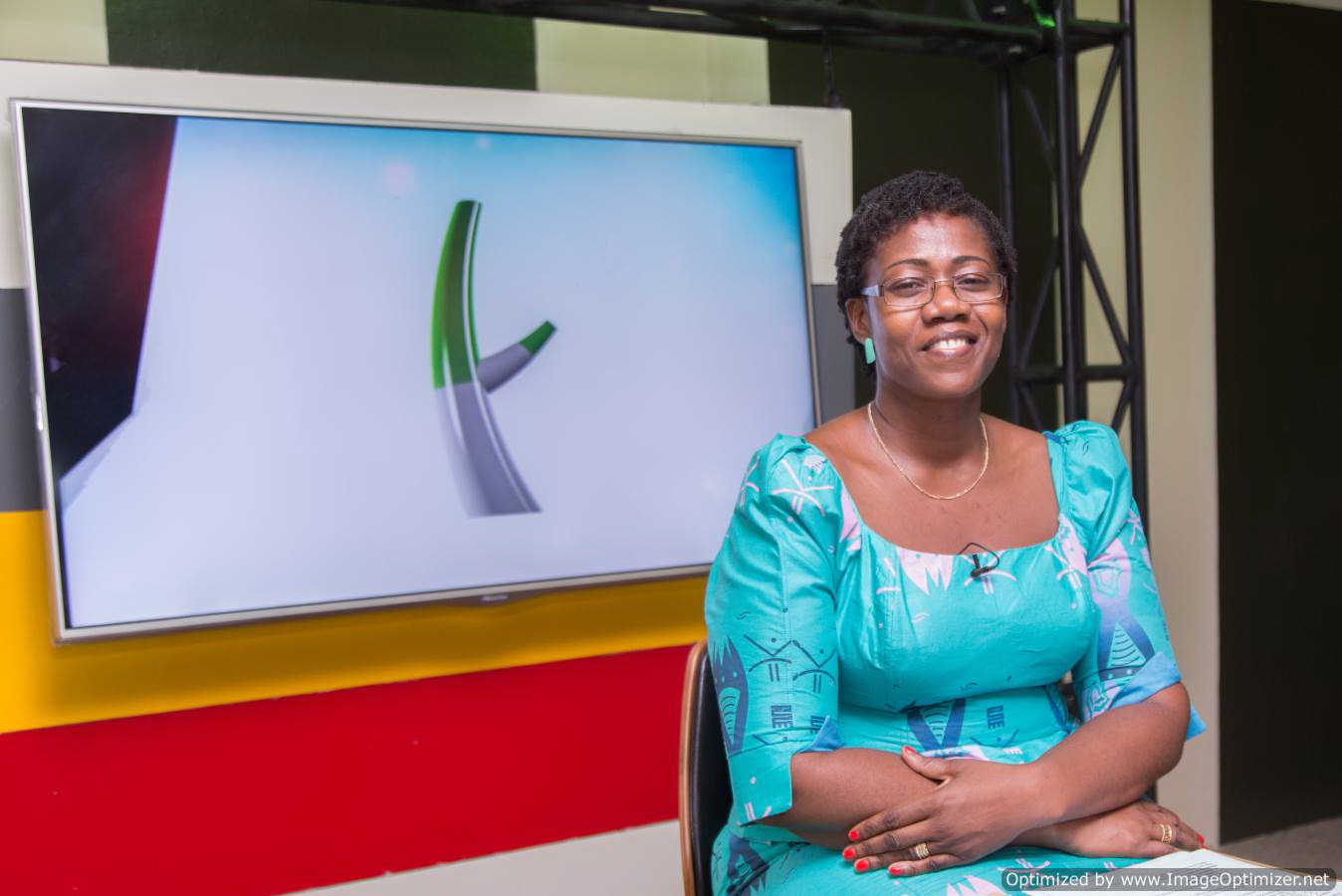
In 2006, Dr Adomako was to leave to undertake postgraduate studies abroad, so she handed over to Dr Elsie Effah Kaufmann, who has been in the driver’s seat since.
Dr Kaufmann is the Head of the Biomedical Engineering Department, at the University of Ghana, Legon.
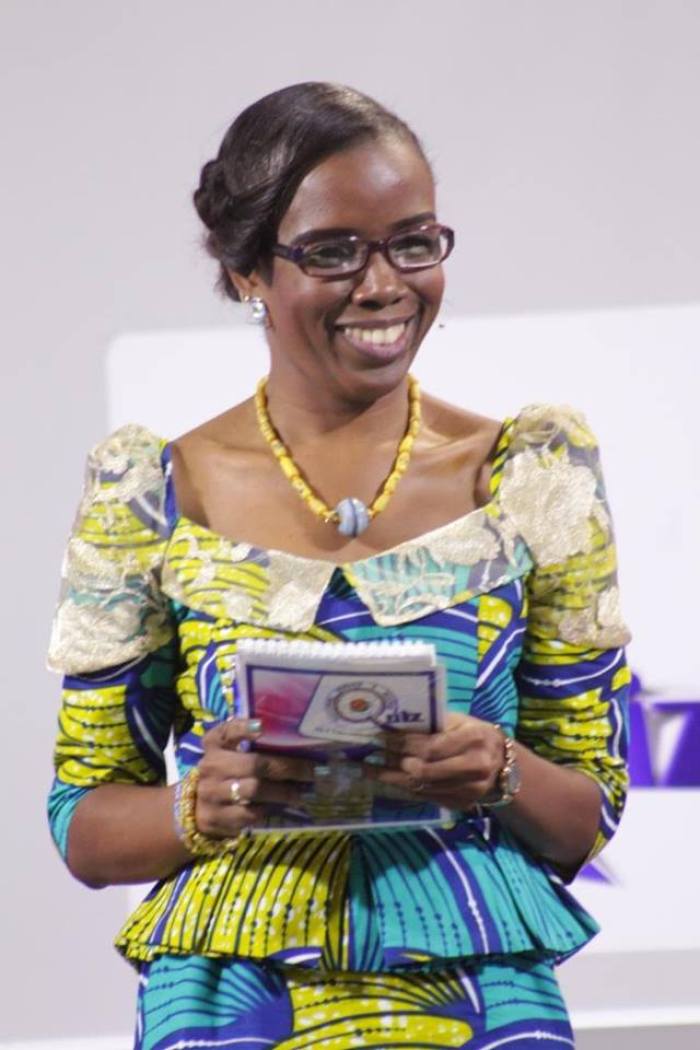
By this single act of putting women in charge of NSMQ, Primetime is really encouraging loads of girls to go into the area, and the admissions in various schools for science and maths is showing very encouraging female intake.
In the Upper East of Ghana for instance, where girls are mainly known for either migrating to the south for odd jobs or being given away as young wives to cattle-rich men in the area, the intake of girls into STEM is said to have increased from a paltry one per cent to 22% as of 2016.
ALSO READ: Two Ghanaian men shot in Southwest Philadelphia
That is a huge rise in the number of girls taking up STEM.
The first edition of the NSMQ in 1993 saw only 32 schools. Over the years, it has gained a truly national character, and the number of schools has increased exponentially to 135 since 2014.
This means, apart from helping to increase the number of girls in STEM, it is also helping many more young Ghanaians to develop quick thinking, probing and scientific minds about the things around them, while fostering healthy academic rivalry among senior high schools.
The bragging rights as National Champions of Science and Math for one whole year remains a key element of the contest as Presbyterian Boys’ Secondary School (PRESEC) tops the chart, having won five times (1995, 2003, 2006, 2008, 2009).
This year’s NSMQ champions, St. Peter SHS won on two previous occasions, so this is their third. Prempeh College follows closely with three wins (1994, 1996, 2017), while S. Opoku Ware School won the 1997 and 2002 editions.
Achimota School also won the 1998 and 2004 editions. Mfantsipim School won in 1999 and 2014.
In 2007, St. Augustines College was crowned proud winners, while Ghana Secondary Technical School (GSTS) won the 2012 edition with St. Thomas Aquinas picking the 2013 edition.
Prempeh College went into this year’s competition as reigning champions but had to bow out before the finals.
Now NSMQ has garnered so much interest that it local corporate organizations have taken up sponsorship spots just to stamp their brand on various reward packages for participating schools.
Indeed some universities abroad have also offered huge scholarships to the students who competed for their respective schools.
One believes the time has come for NSMQ to go sub-regional so it could be held in other West African countries, then winning schools from the various countries would compete for who is who in the sub-region when it comes to STEM.
It would then be a competition to give, not just schools, but also countries that bragging rights.

